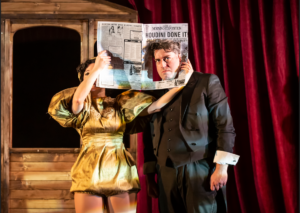The pulsing beat of Walk of Life has helped a Parkinson’s patient recover

The pulsing beat of the Dire Straits song Walk of Life has helped a Parkinson’s patient recover balance and brain function.
Scientists have discovered that certain rhythms allow the brain to by-pass sections that have been damaged by stroke, traumatic injury or degenerative diseases such as Parkinson’s and dementia.
Rhythmic beats or songs with a strong connection to the patient have been shown to reactivate nerve cells and reboot the brain’s sensory pathways to enable patients to communicate or recover physical ability.
“The emphatic rhythm and strong melody found in songs like the ‘A Message to You Rudy or Dire Straits’ Walk of Life make them songs ideal in the rehabilitation of speech, language and cognitive functions,” says Daniel Thomas managing director of Chroma Therapies, the UK’s only national provider of arts therapies services, which is staging a major acquired brain injury conference on March 15.
“There is strong neurological evidence that music activates many different areas across the brain. The motor system is very sensitive to picking up cues from the auditory system so when we hear music, particularly pulse or rhythm, it kicks straight into the motor system going around the brain,” according to eminent music therapy professor Dr Wendy Magee, from Temple University Philadelphia.
“Music can engage alternative pathways for a specific function, such as language, depending on the size of the lesion or even effect changes to brain structures. Studies have shown that music might excite activity around small lesions to activate function and, with larger lesions, it seems the healthy side of the brain might take on roles and mechanisms the damaged side was previously responsible for.”




